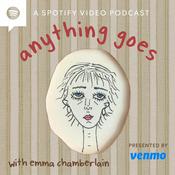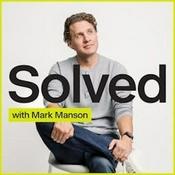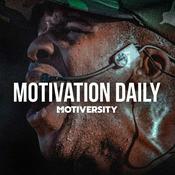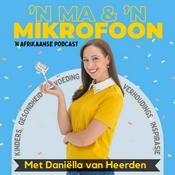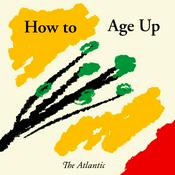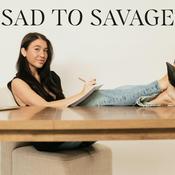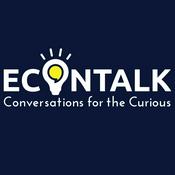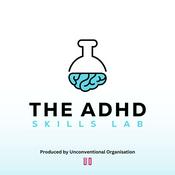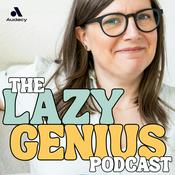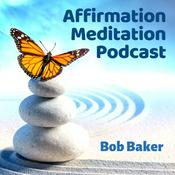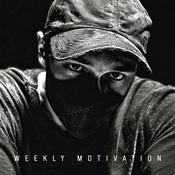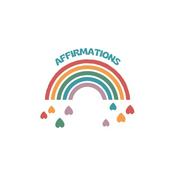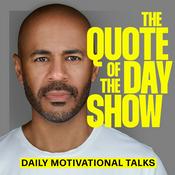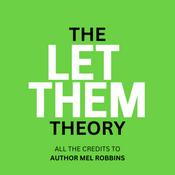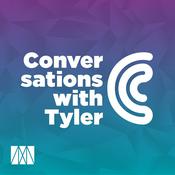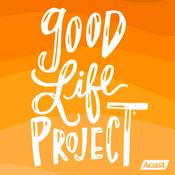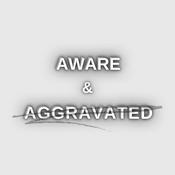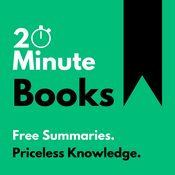Available Episodes
5 of 139
- High Tech Society: IEEE's vision for ethical technological advancementIn this episode of the show, I speak with Tom Coughlin, the standing President and CEO of IEEE, the world's largest technical professional organization dedicated to advancing technology for the benefit of humanity. We discuss the IEEE's vision of technological innovatinon, what it really means to "benefit humanity" through tech, and how the tech sector can, and should, move toward a values-driven approach to innovation. Tom Coughlin is an IEEE Life Fellow, past president of IEEE-USA, past director of IEEE Region 6, past chair of the Santa Clara Valley IEEE Section, past chair of the Consultants Network of Silicon Valley and is also active with the Storage Networking Industry Association and Society of Motion Picture and Television Engineers. Coughlin is also president of Coughlin Associates, a digital storage analyst and business and technology consultant. He has over 40 years in the data storage industry with engineering and senior management positions at several companies. Coughlin Associates consults, publishes books and market and technology reports (including The Media and Entertainment Storage Report and an Emerging Memory Report) and puts on digital storage-oriented events. He is a regular storage and memory contributor for Forbes.com and media and entertainment organization websites--------57:00
- Debugging Division: The Architecture of Bridge-Building Social MediaToday we are bringing you a conversation featuring one technologist who is rethinking and reshaping social media—to build platforms that spark empathy and joy, not division and hate. Vardon Hamdiu is the co-founder and head of Sparkable, a young nonprofit organization that builds a social media platform aimed at bridging divides. Growing up immersed in diverse cultures, Vardon has always been a bridge-builder who navigates between worlds. His family history has exposed him to the devastating consequences of communication breakdowns between ethnic communities and the outbreak of war. These experiences have profoundly shaped his understanding of the importance of empathy and social cohesion. Over the past decade, Vardon has worked on the communications team of a Swiss President, studied to become a teacher, spent an exchange semester in South Africa, and engaged with refugees facing often traumatic circumstances. These experiences made him acutely aware of the enormous disconnect between the information we consume online and the lived realities of many people around the globe. He became deeply passionate about exploring why today’s social media platforms are often dysfunctional and how these powerful systems, which govern our collective attention, could be constructed differently. Driven by this vision, he made the pivotal decision to quit his job, drop out of his studies, and launch Sparkable, aiming to foster a healthier online environment.--------53:01
- The Algorithm as Witness: Reimagining Holocaust Memory in the Digital AgeIn this episode of "Technically Human," I bring you a conversation with one of the great thinkers working at the intersection of ethics and technology, Professor Todd Presner, for an episode about his new book, Ethics of the Algorithm: Digital Humanities and Holocaust Memory. In the conversation, we talk about new direction in Holocaust memory and scholarship, how technologies are enabling new approaches, questions, and interpretations of major historical events, and how digital technologies might help us imagine a new ethics of interpretation of history and memory. Dr. Todd Presner is Chair of UCLA’s Department of European Languages and Transcultural Studies. Previously, he was the chair of UCLA’s Digital Humanities Program (2011-21), and from 2011-2018, he served as the Sady and Ludwig Kahn Director of the Alan D. Leve Center for Jewish Studies. He holds the Michael and Irene Ross Chair in the UCLA Division of the Humanities. His research focuses on European intellectual and cultural history, Holocaust studies, visual culture, and digital humanities. Dr. Presner’s newest book was published with Princeton University Press: Ethics of the Algorithm: Digital Humanities and Holocaust Memory (Fall 2024).--------1:19:00
- Game On, Hate Off: Navigating the Virtual FrontierIn this week's episode of the show, I speak with Daniel Kelley about the culture of online gaming, and the unique set of challenges in the gaming space, related to hate, harassment, and extremism. We talk about the possibilities, and limitations, of regulating that space, and what the landscape of gaming might foretell about the future of increasingly online lives that we live, as more and more of our social interactions take place virtually. We talk about how to make those spaces safer and more inclusive, and whether moderation is the right tack to take in developing that more inclusive future, as well as what other strategies for cultivating such spaces might be possible. Daniel Kelley is the Director of Strategy and Operations of the Anti-Defamation League (ADL) Center for Technology and Society (CTS). CTS works through research and advocacy to fight for justice and fair treatment for all in digital social spaces from social media to online games and beyond. For the last five years, Daniel has been the lead author of the first nationally representative survey of hate, harassment, and positive social experiences in online games. He is also the co-author of the Disruption and Harms in Online Games Framework, a resource to define harms in online multiplayer games together with members of the game industry coalition the Fair Play Alliance. He also leads CTS’ tech accountability research efforts, such as its Antisemitism and Holocaust Denial Report Card, which looks at ways to create research-grounded advocacy products to inform the public about the nature of hate and harassment online and to hold tech companies accountable.--------59:10
- Art, Tech, Self: Untangling the Human AlgorithmHi Technically Human listeners! Welcome back to another episode of the show. Today I'm sitting down with Alva Noë. We talk about his new book, The Entanglement, and the relationship between technology, philosophy, and art. In The Entanglement, Professor Noë explores the inseparability of life, art, and philosophy, arguing that we have greatly underestimated what this entangled reality means for understanding human nature. Neither biology, cognitive science, nor AI can tell a complete story of us, and we can no more pin ourselves down than we can fix or settle on the meaning of an artwork. Even more, art and philosophy are the means to set ourselves free, at least to some degree, from convention, habit, technology, culture, and even biology. Dr. Alva Noë is a philosopher of mind whose research and teaching focus is perception and consciousness, and the philosophy of art. He is the author of Action in Perception (MIT, 2004); Out of Our Heads: Why You Are Not Your Brain and Other Lessons from the Biology of Consciousness (Farrar Straus and Giroux, 2009); Varieties of Presence (Harvard, 2012); Strange Tools: Art and Human Nature (Farrar Strauss and Giroux, 2015), Infinite Baseball: Notes from a Philosopher at the Ballpark (Oxford, 2019) and, most recently, Learning to Look: Dispatches from the Art World (Oxford 2021). He holds a Bachelor of the Arts degree from Columbia University; a Bachelors of Philosophy. from University of Oxford; and a Ph.D. from Harvard University. He teaches in the philosophy department of UC Berkeley.--------1:04:20
More Education podcasts
Trending Education podcasts
About The Technically Human Podcast
Technically Human is a podcast about ethics and technology where I ask what it means to be human in the age of tech. Each week, I interview industry leaders, thinkers, writers, and technologists and I ask them about how they understand the relationship between humans and the technologies we create. We discuss how we can build a better vision for technology, one that represents the best of our human values.
Podcast websiteListen to The Technically Human Podcast, The Mel Robbins Podcast and many other podcasts from around the world with the radio.net app

Get the free radio.net app
- Stations and podcasts to bookmark
- Stream via Wi-Fi or Bluetooth
- Supports Carplay & Android Auto
- Many other app features
Get the free radio.net app
- Stations and podcasts to bookmark
- Stream via Wi-Fi or Bluetooth
- Supports Carplay & Android Auto
- Many other app features


The Technically Human Podcast
Scan code,
download the app,
start listening.
download the app,
start listening.

